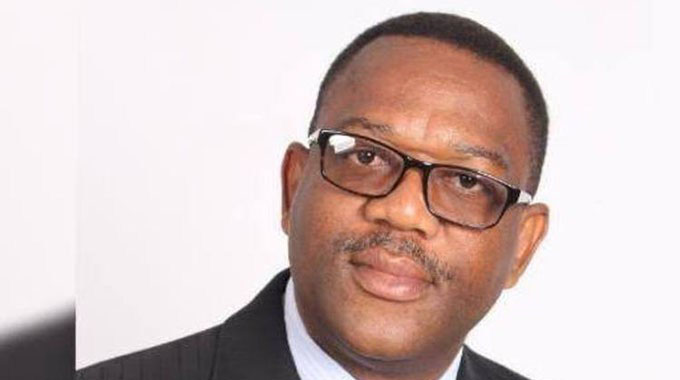Load shedding to intensify — ZESA
The Herald
Business Reporter
Power utility, Zesa Holdings, has announced that it will implement load shedding outside the official schedule following a breakdown at Hwange Power Station.
“Due to a technical fault at Hwange Power Station, local generation is now depressed,” Fullard Gwasira, the spokesperson of Zesa said in a tweet yesterday, adding that “load shedding is now being implemented outside the published schedule”.
In an interview, Mr Gwasira said two units at the power station broke down yesterday, reducing output by about 200 megawatts.
“We have, however, embarked on a phased restoration of the units but it will take time due to the nature of technology.”

Mr Gwasira
Zimbabwe is largely depending on thermal power from Hwange in light of reduced electricity production at Kariba Power plant due to low water levels at Lake Kariba.
Zimbabwe is experiencing severe power cuts that have seen consumers enduring long periods without electricity.
Business, including industrialists and miners has since raised concerns, warning the rolling power cuts would severely erode viability.
Zesa has since approached the Treasury seeking support to continue optimum production of electricity at its thermal power stations amid rising expenses coal price increases.
Apart from Hwange, Zesa operates three small thermal plants in Harare, Bulawayo and Kwekwe.
Coal prices have gone up from about $27 per tonne to as much as $88 per tonne. Despite the increase, the tariff has remained at 9,8c per kilowatt hour.
In US dollar terms, the average tariff is US1,6c kWh, significantly lower than regional rates.
While the Zesa Holdings sought a 30 percent tariff increase, Finance and Economic Development Minister Professor Mthuli Ncube warned against the move, arguing it was inflationary as it would trigger a massive wave of price increases.
Energy and Power Development Minister Fortune Chasi is of the view that the tariff had become uneconomic “But there are several issues that also need to be looked at such as costs containment so that the tariff was not the ultimate (reason) for inefficiencies.
Zimbabwe is working on modalities to import power from Mozambique and South Africa.
